In our next installment of “As the World Turns to Kansas Tax Law Updates”... Alright, calling the passage of Senate Bill 30 a soap opera might be a little strong. Some might need a history lesson on how Kansas tax law changed with the 2012 legislature to fully understand the impact of the 2017 changes. The most dramatic or hotly debated portion of the 2012 tax changes was the so-called “LLC exemption.” This was part of Governor Sam Brownback’s tax plan that exempted non-wage business income from state income taxes. The idea of not taxing individuals on their small business income was sensational and the tax policy gained national attention. Missouri enacted their own scaled back version of this Kansas policy in 2014, although their changes only phase in if revenue targets are achieved. The state of Missouri recently met gross revenue collections that will trigger a state deduction equal to five percent of reported business income. Missouri’s percentage of excluded business income will ramp up annually, eventually to a max deduction of 25%, a much smaller exclusion than Kansas formerly offered. So just as Missouri is saying ‘hello’ to small business tax breaks, Kansas is saying ‘good-bye’.
The Kansas law previously allowed for a subtraction adjustment of business income from Schedule C, farm income from Schedule F, rental and royalty income, partnership, S-corporation and trust pass-through business income reported on Schedule E. Conversely, if the taxpayer’s Federal return showed a loss from those business sources, there was an addition modification. This prevented taxpayers from offsetting business losses against other taxable income, such as wages, pensions, interest, and dividends. In an attempt to make the Kansas law easy to understand, it specifically referenced line numbers of the Federal 1040 for the state modifications. The starting point for calculating Kansas income is Federal Adjusted Gross Income (AGI), adjustments for the deductible portion of self-employment tax, self-employed retirement and health insurance, as well as the domestic production activities deductions were also state addbacks. SB 30 eliminates those state adjustments for 2017 and going forward.
These changes caught many small business owners off guard, as SB 30 was passed midway through the year, yet is effective retroactive to January 1, 2017. Kansas Department of Revenue strongly encourages all taxpayers with nonwage business income (Schedules C, E, and F) to begin making state estimated income tax payments immediately to avoid having a large balance due when filing their 2017 returns. The legislation also states due to the substantial change in our state’s tax law, interest and penalties relating to underpayment of state taxes will not be assessed if the underpayment is paid on or before April 17, 2018, the due date of 2017 income tax returns.
SB 30 also reverses the change made during the 2012 Legislative Session regarding net operating loss deductions. For tax years beginning after December 31, 2016, there will be no adjustment for Federal net operating losses.
Contact our tax professionals at 785-234-3427 to discuss your questions relating to these changes.
